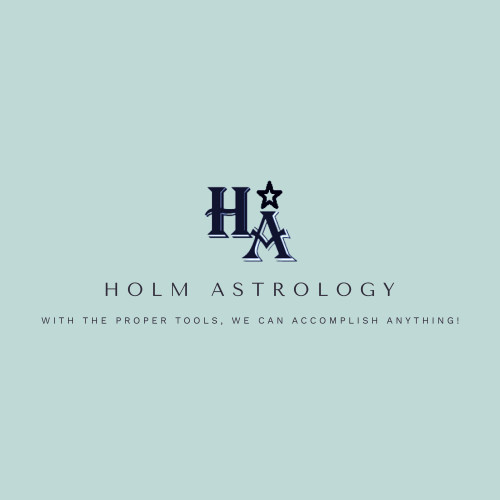Our birth chart or natal chart is a
snapshot of the heavens at the moment of birth with the earth in the centre. The earth is surrounded by all the planets. This snapshot of the heavens (the birth chart)
remains intact as long as you live, nothing changes. The moment after birth, the planets (although
frozen in the natal chart) begin to move again which are call the transiting
planets, often indicated by the planetary symbols on the outside of the circle
in the birth chart diagram. Each planet
moves at a different speed. They can
also move in different directions (direct – moving forward, stationary – appear
to not move and retrograde – appearing to move backwards).
Again, the moving planets after the moment
of birth are called Transiting and the deciphering of these placements and the
angles they make (aspects) to the natal planets including the MC, the
Ascendant, the IC and the DC tell the current and future story of your life. There are many angles these transiting
planets can make with the birth chart planets’ locations (Major and Minor
aspects) and some of these aspects are considered challenging while some work in
a favourable manner; much depends on what angles and planets are involved.
When a transiting planet for example makes
an angle of 0 to 10 degrees separation (moving away) to a natal planet, the
energies merge and become one. 0 to 10
degrees is called a conjunction which tells of an emphasis and it elevates the
energies of the planets involved (or the angles it touches). The conjunction is most strong when the two
plants are 0 degrees apart. As they
begin to separate they weaken and usually within 2-3 degrees past direct the
energies are basically gone. Saturn, which
is the exception, does last longer and is often at its peak 2 degrees past
direct.
Another variable with the transits and what
they are saying involves the house placement that the planets are found
in. For example, when a planet is moving
through the seventh house then seventh house matters will be involved. You not only look at the transiting planet’s house
but also look at the house that the natal planet is located in. You also have to look at the natal planet
that the transiting planet was located in within the birth chart. In other words if Uranus is transiting the
seventh house, the seventh house is enhanced or activated. If Uranus is aspecting the Sun in the 10th
house, the 10th house is also highlighted. If Uranus is natally in the fourth house then
you also have to take into consideration what the fourth house signifies. You would be looking at the 7th
house, the 10th house and the 4th house to get a full
picture of the aspect between Uranus and the Sun.
When delineating transits, it is important
that you understand the duration of the transits. All the outer planets have a greater impact
on your life because they move slowly.
Pluto can have as much as 3-4 years impact on your life. The most powerful will always be when planets
are direct; this could last as long as one to two years. Faster moving planets have very quick
influences and as a result move out of influence quickly. There is no last impact from the inner
planets.
Visit www.holmastrology.com for more information on Astrology and
information on the Astrological charts we offer.
Holm Astrology also
offers individual intuitive readings or group parties. For more information,
visit us at www.holmastrology.com/intuitive-readings
Please “Like” us on
Facebook. Your “shares” are appreciated and your questions are welcomed.
If you have
confidential comments or questions, or if you would like to speak to us
concerning the preparation of a chart, please visit
www.holmastrology.com/contact-us


No comments:
Post a Comment